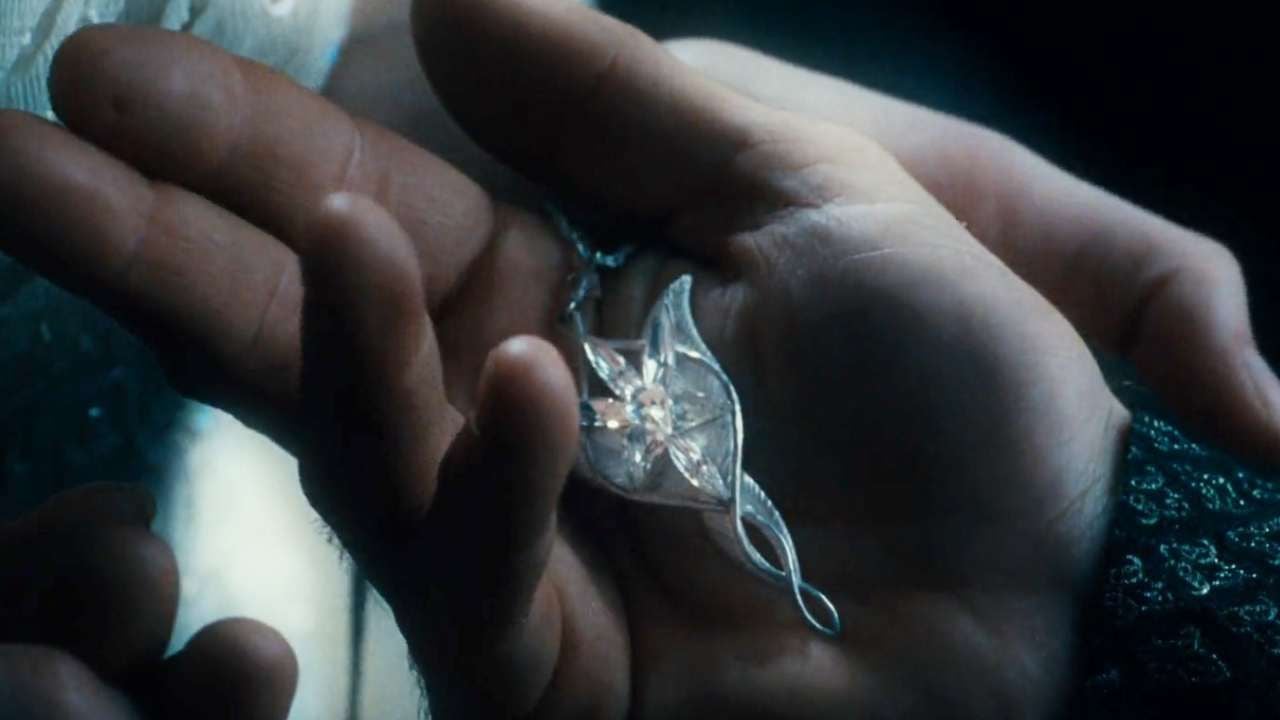Know when it’s time to seek emergency and see tips for relieving symptoms
With the change of season and the expected drop in temperatures, those suffering from rhinitis are already on the alert. This is because the condition usually occurs more often in colder times, such as autumn.
The most common symptoms of allergic rhinitis are:
- sneezing
- runny nose
- nasal congestion
- itchy nose, throat, eyes and ears
- decreased sense of smell
In these cases, as explained by otorhinolaryngologist Brunna Paulino Maldini Penna, the conventional treatment involves the use of anti-allergics, decongestants and corticoids, drugs normally indicated for patients with rhinitis. Nasal washing with saline is also highlighted as an important measure not only in the treatment, but also in the prevention of the condition.
But what happens when the case is more serious? According to the doctor, the first sign that one should seek medical attention is the persistence of symptoms, in a way that compromises the person’s quality of life.
“It is important to watch for the warning signs, such as shortness of breath, persistent cough (with or without phlegm) and fever. I stress that allergic rhinitis is closely related to asthma. Studies show that 80% of asthma patients suffer from allergic rhinitis, the difficulty of controlling which is not only greater than that of asthma itself, but also interferes with its control. Therefore, to cure asthma, it is essential to control rhinitis”, underlines the specialist.
In situations where the problem is difficult to control, he recommends the practice of specific allergen immunotherapies through vaccines. Brunna adds that, recently, even immunobiologists have acted in this treatment.
What are the consequences of poorly treated rhinitis?
In addition to asthma, as already highlighted by the doctor, rhinitis can trigger problems such as allergic conjunctivitis, rhinosinusitis, otitis media with effusion (characterized by fluid in the ear) and changes in the craniofacial development of the oral airways in children, and obstructive sleep apnea and sleep hypopnea in children and adults.
“The psychosocial impacts in the case of children and adolescents must also be considered, such as learning and language problems, difficulties in concentration, socialization and recreational activities”, adds the otolaryngologist.
remedies for allergic rhinitis
The expert points to cleaning the nose with 0.9% saline solution as an effective measure to relieve the symptoms of the crisis. “This measure has the ability to relieve tissue irritation, moisten the mucosa, and help remove secretions and allergenic particles that cause allergic rhinitis.”
Another action that can be taken is inhalation, even with serum. It is a practice that will help in the hydration of the mucous membrane.
Furthermore, environmental control measures are considered essential to prevent crises. Some examples are:
- keep the rooms ventilated
- avoid using carpets and rugs
- do daily house cleaning with a damp cloth
- avoid contact with cigarette smoke and perfume with strong odors.
Source: Terra
Ben Stock is a lifestyle journalist and author at Gossipify. He writes about topics such as health, wellness, travel, food and home decor. He provides practical advice and inspiration to improve well-being, keeps readers up to date with latest lifestyle news and trends, known for his engaging writing style, in-depth analysis and unique perspectives.








